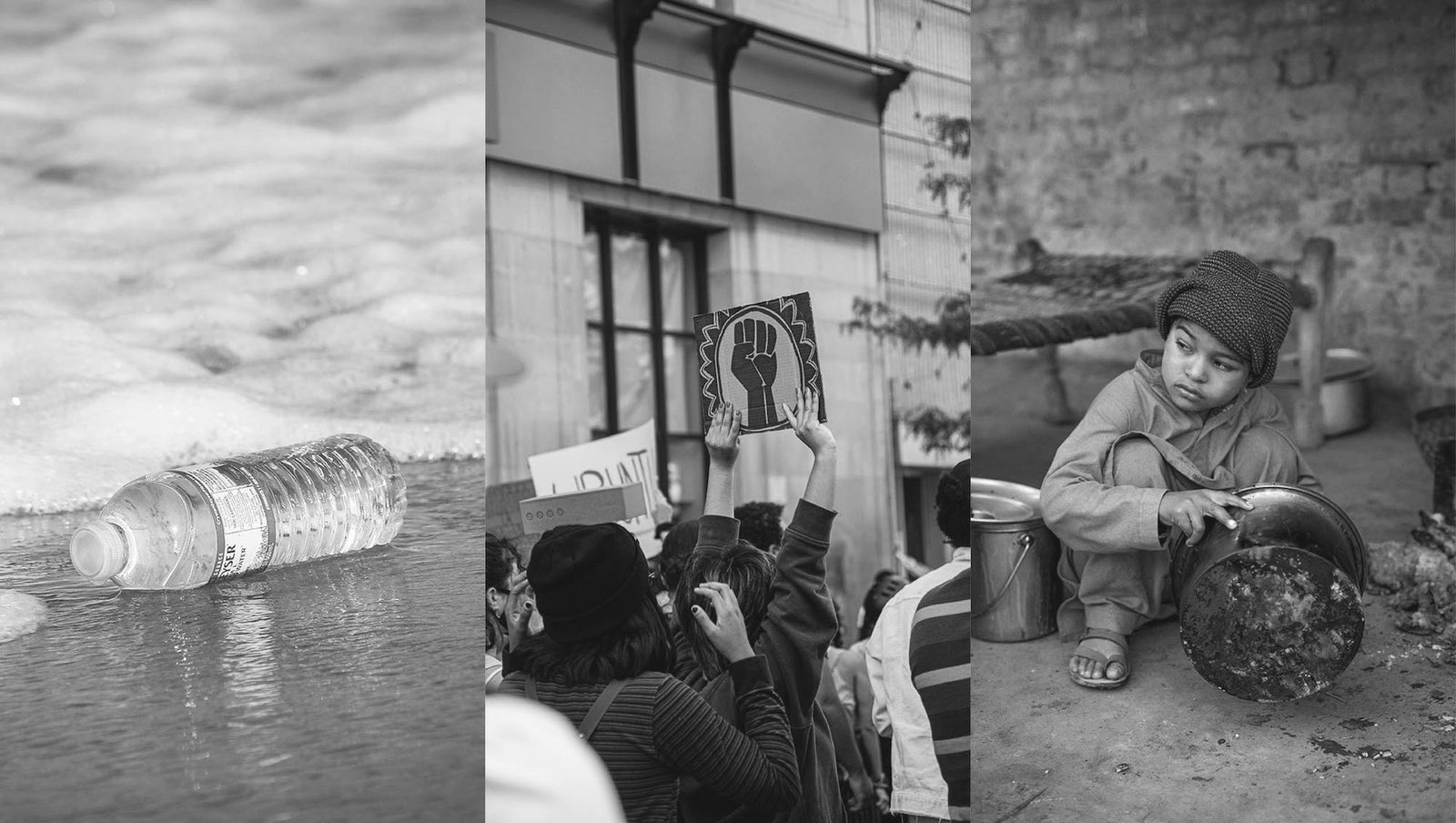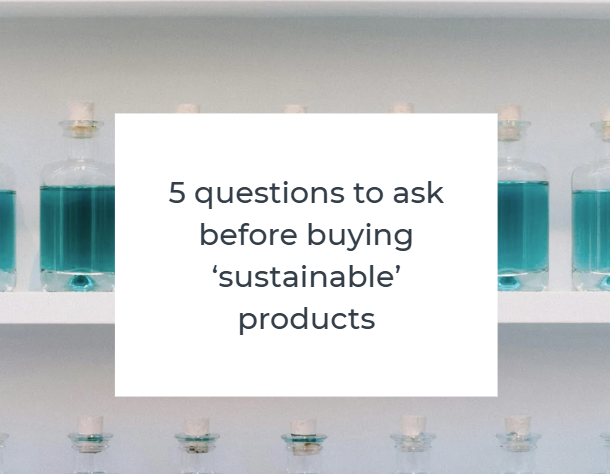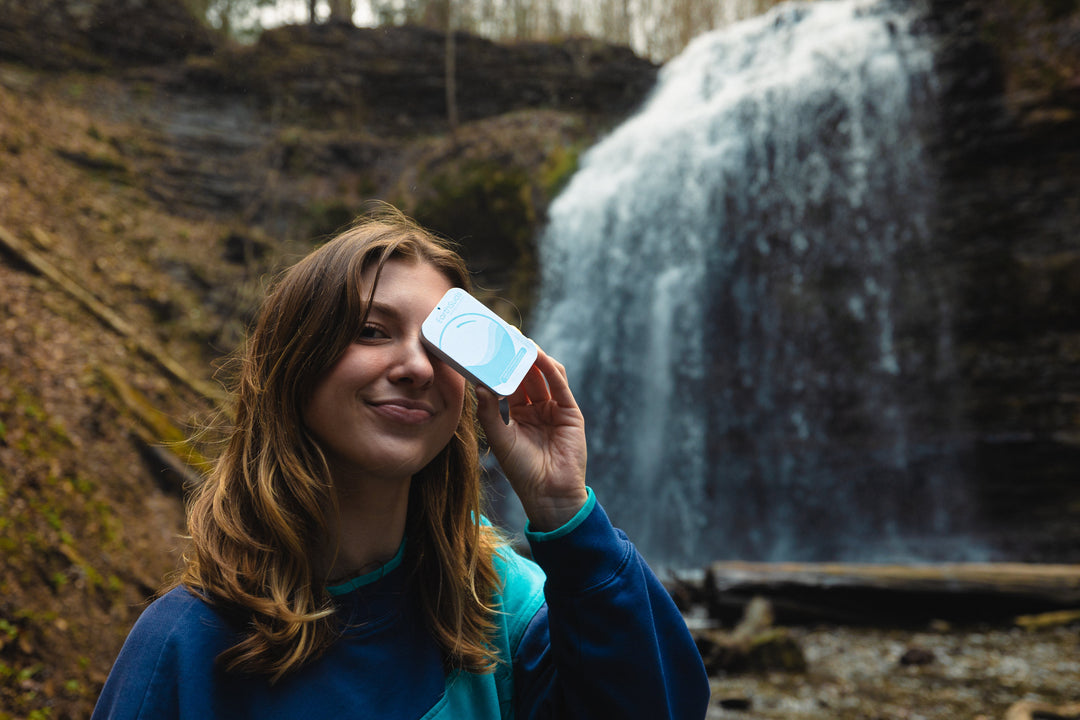A Better Normal

We’ve all said it,
“I can't wait until things get back to normal”
After months of staying 6 feet apart and living predominantly in a virtual world, it’s hard not to think of the future. But take a second to consider just what that normal is that everyone is so eager to return to:
- Just months ago, Australia was on fire.
- Days ago, Siberia hit 100.4°F (source)
- 2019 had more mass shootings in the US than days in the year (source)
- Species are becoming extinct at a rate 1,000 - 10,000 times higher than the natural extinction rate (source)
- Income inequality in the US is at the highest level ever recorded (source)
Our oceans are filled with plastic,
Our air is filled with smog,
Our food and water are contaminated with chemicals and microplastics,
Our society is plagued by racism and discrimination,
Police brutality and gun violence have become commonplace.
Is this the normal you want to get back to?
With the world on pause, we have an opportunity to build a new normal. A better normal. But it’s up to us to shape it.
So, how can we shape a better normal
Educate Yourself
They say knowledge is power, so learn more about why we need to take action now, and how we can do it. There are courses, podcasts, books, trusted news articles and more that can point you in this direction. Here are some resources we came across to get you started:
Black Lives Matter
The Good Trade: Intersectional Environmentalism: Why Environmental Justice Is Essential For A Sustainable Future
The Good Trade: How To Become Well Versed In Local Issues
Green Matters: 8 Anti-Racism Books by Black Authors + 5 Black-Owned Bookstores to Support
Going Zero Waste
Become a Conscious Consumer
Refuse and Reduce - It’s the first of the 5 R’s for a reason (Refuse, Reduce, Reuse, Rot, Recycle). The most effective way to not contribute to pollution and other environmental degradation is by refusing to use unnecessary products in the first place. It also means reducing your consumption from companies perpetuating troublesome social issues, e.g. poor working conditions, organizations that don’t align with your causes, etc. Make consumption more conscious, understand why you are making purchases and, if you really need it, ask yourself if there is a better alternative such as:
- Supporting local: farmers markets, local shops and restaurants.
- Buying second hand: from garage sales or second hand stores such as Platos Closet or Patagonia’s Worn Wear. Or how about refurbished tech or used cars from your local shop?
- Product Swaps and Borrowing: Your neighbours have more than just sugar that you can borrow. Could you borrow that fancy new appliance from a family member or that awesome shirt from a friend for an evening.
- Renting: If you aren’t going to use it consistently, can you rent it for the time that you need it? This is also a great way to test if you would really need something that often, such as machinery. Or how about renting that amazing outfit (that you probably won’t wear too often) from somewhere like Rent Frock Repeat.
- Purchasing from a more socially responsible seller: Do the businesses you purchase from take actionable steps towards environmental, social, and economic sustainability? Their websites are a great place to start: have a look to see what they have done. For products, where are they manufactured? Who makes them? Under what conditions? What is the life cycle of the product - how many resources did it take to make it and get it to you? Could it be done with less resources in a more socially responsible way? Are there more environmentally friendly alternatives? Is the product cruelty free? Will it break down when you are done with it, or rot in a landfill.
- Bringing reusables: Do you have to get take out? Or could you dine in? Could you bring cutlery with you, or have your morning coffee in a reusable cup (bonus if you could find one second hand) or even your mug on your kitchen table? Although it may not be possible right now, have you ever considered bringing reusable containers to restaurants for them to put your food in? The best part about reusables is that you can get creative with what you have.
Remember, how you spend your money is your loudest vote. Make sure it supports who you want it to.
Here are a few ways to carry your voice beyond your own actions, and incite change in your communities.
Talk to People
- With people in and outside of your bubble. Talk to people who share your views and especially those who don’t, to help both of you deepen your understanding of both sides and highlight those areas you should learn more about.
- Democracy only works if you get involved. Let your leaders know how you feel. Learn which parties align with your views and use your vote to voice your support and beliefs.
- Democracy doesn’t (or shouldn’t) end after an election. If you don’t agree with policies or decisions, make sure you voice your disagreement with the people who can affect change. Write letters, sign petitions, join rallies, join boards and committees and attend public forums.
- Whether it’s your social media page or your local community group, take the opportunity to spread awareness and support. It can also help you feel less of a lone voice when you see others agreeing, engaging and supporting the causes you believe in and support.
- You can join their team, volunteer, attend events or promote their work on social media. Your degree of involvement is up to you.
The opportunities are endless - so there’s something for everyone, but everyone has to do something. And just because you can’t do everything doesn’t mean you can’t do anything. If all of us change just one thing in our own lives, imagine how all of those individual changes will add up to change the future for everyone.






